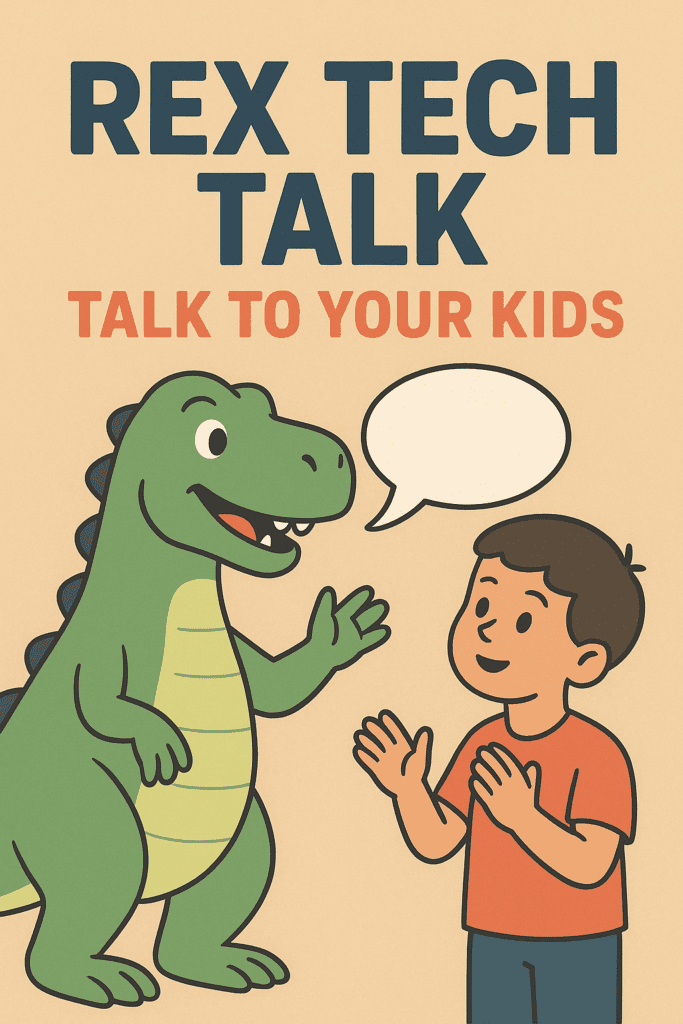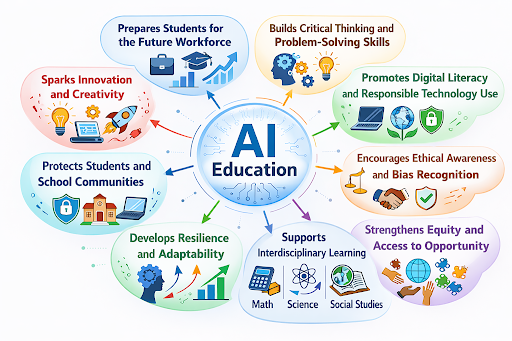In the past decade, we have seen more and more debates about what schools and parents are each responsible for in terms of educating students. These grey areas typically include topics like internet safety and reality counseling.
Schools typically bring in what is determined to be an age appropriate internet safety curriculum in elementary school prior to students receiving 1 on 1 devices, but the education for students typically stops there. Schools do not feel responsible in protecting students on devices they personally own or have access to at home.
Likewise, many parents feel that students are well covered by the internet safety classes taught in elementary school for their student’s entire life.
In the same way, I do not think math in elementary school is sufficient for a lifetime of math usage. I do not see why we have this same sentiment about internet safety.
Misinformation and fake AI generated videos are running rampant online. Students are being exposed to inappropriate content and extreme content that can cause a great deal of turmoil and trauma for a student.
Most of these students are exposed to this content by accident on devices given to them from a family member or friend. Reports suggest that the average age for a child to be exposed to pornography in the United States is as young as 12 years old. Read the report here.
Students need to be taught internet safety and the dangers of being online throughout their academic careers. Students lacking this knowledge are easy victims for scams later in life when they are an adult.
This danger is why Rex brings internet safety and cybersecurity classes to elementary, middle, and high school students at their appropriate level. We want students to not be victims of the internet, but masters of protecting themselves and their data.
Parents, we recommend you do your part to lock down devices and block harmful content on devices that children have access to. We feel passionately about impacting the next generation positively to help raise a generation of healthy adults who are not victims to the dangers they are often exposed to on the internet.














